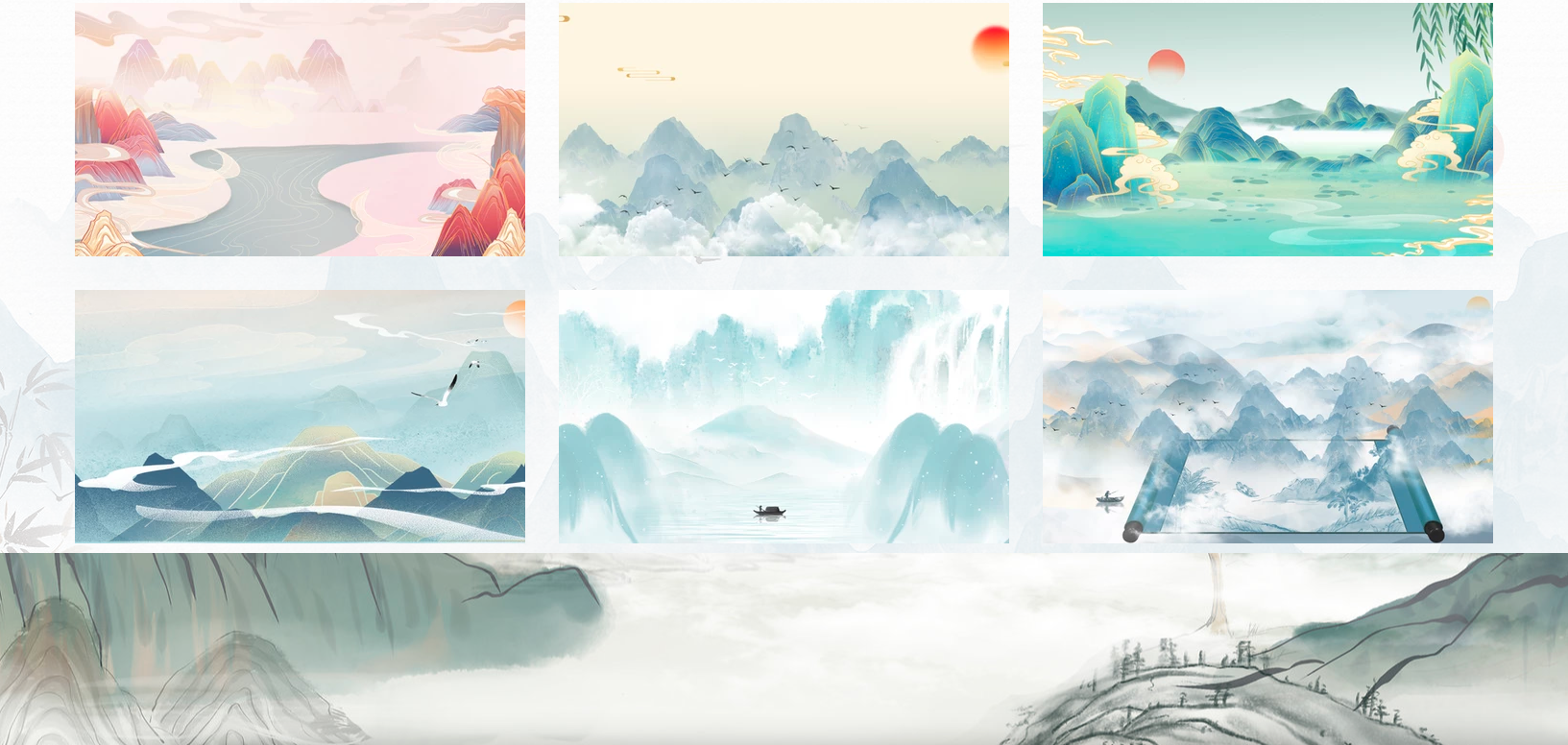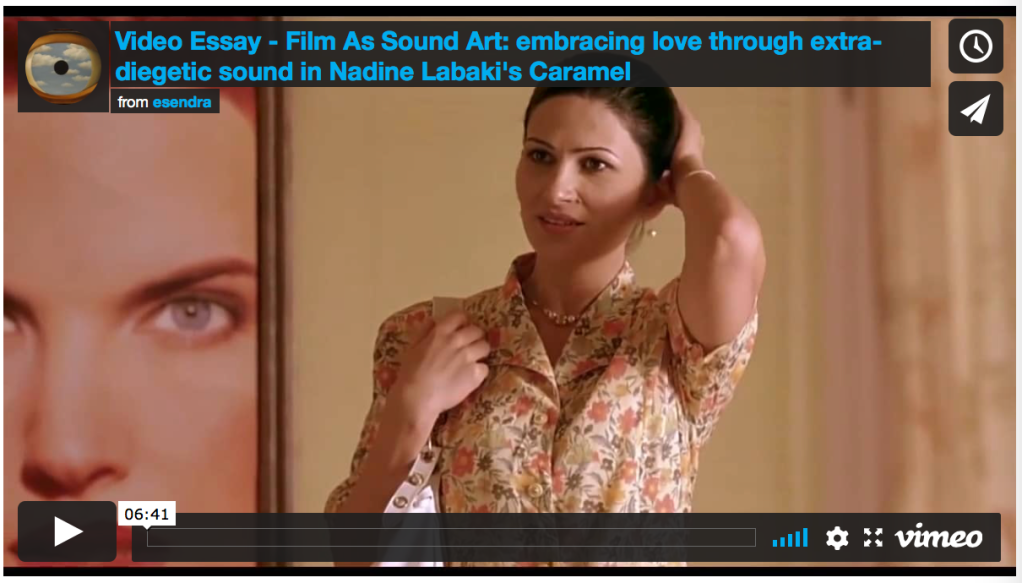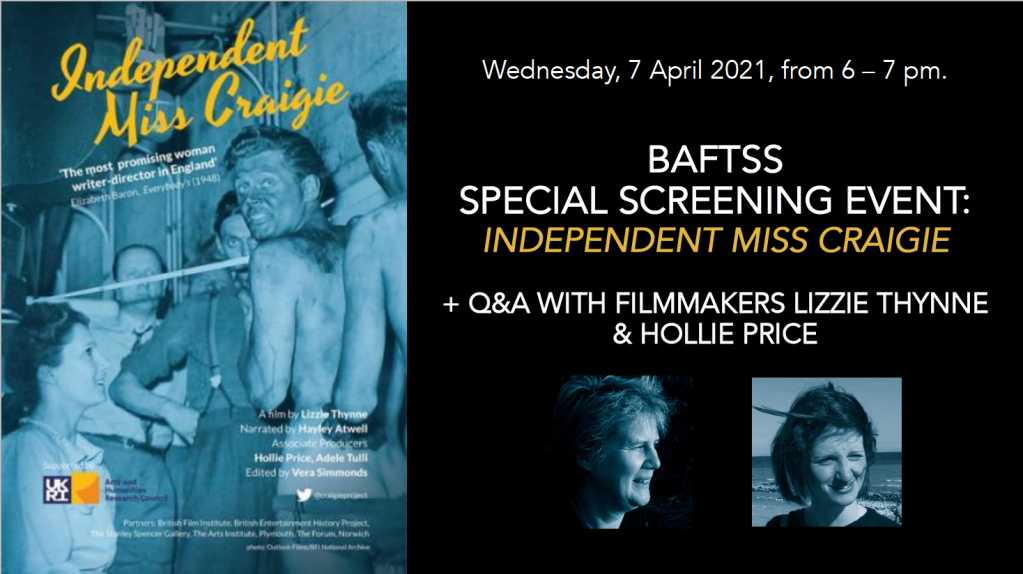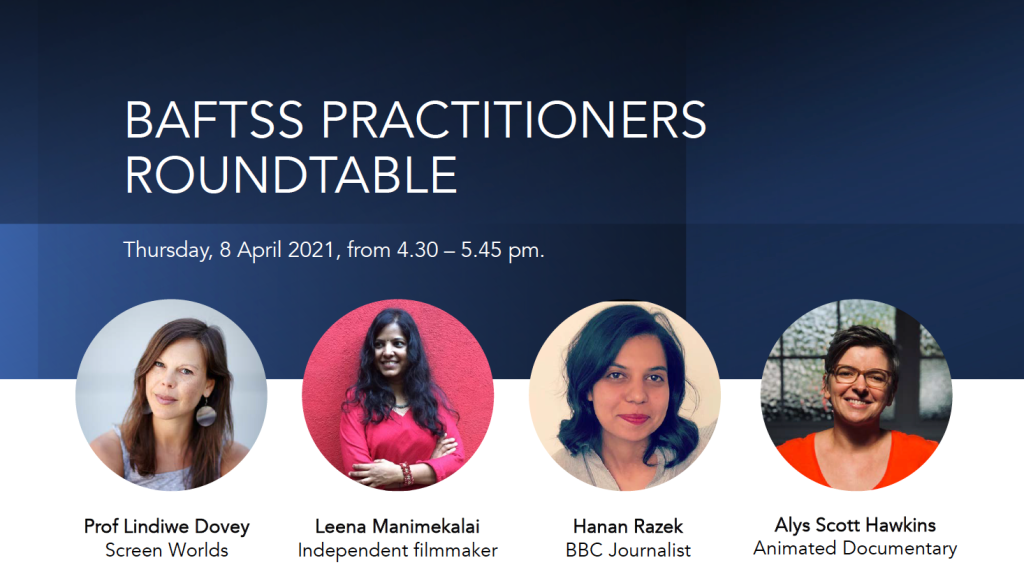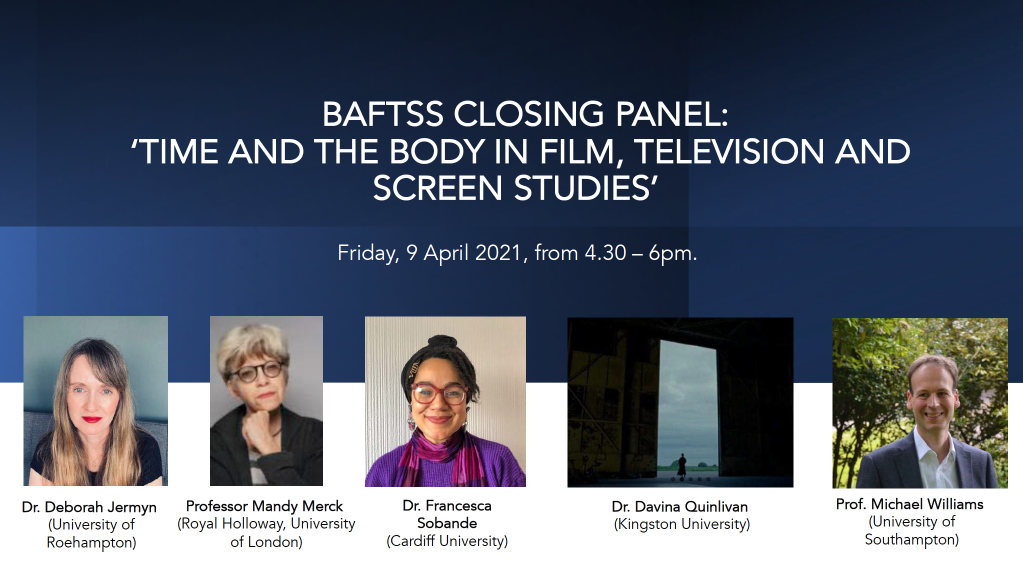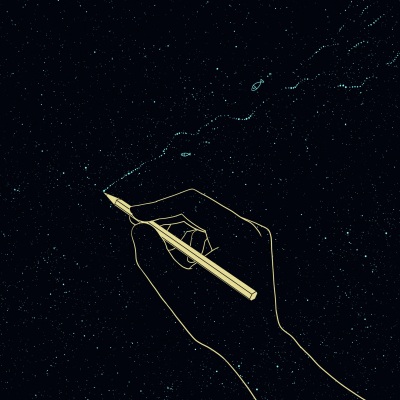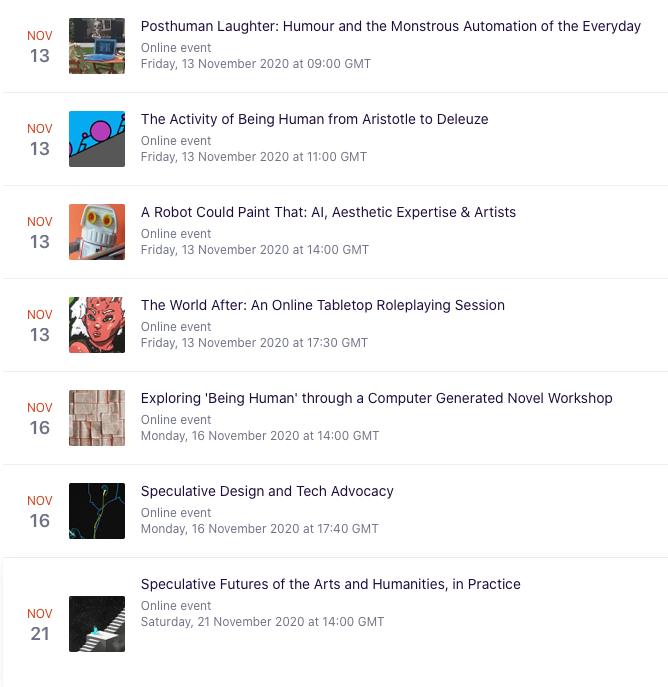Statement by symposium organisers Shepuya Famwang and Francis Gene-Rowe: the following was written and produced by GMM students from the 2023-2024 cohort. You can also find posts of symposium proceedings on our programme Instagram account. Our sincerest thanks go out to the contributing students and to everyone who participated in the Beyond Boundaries symposium: Sasha Anikina, Ryan Bishop, Yunbo Cang, Jiayi Chen, Aria Guo, Fangyi He, Tsvetelina Hristova, Georgia Perkins, Kai Syng Tan, Ruohan Tang, Krassimir Terziev, Jianghui Yu, Yijing Xie, and Kaidi Zhang.
Event Report
On Friday 16 February we held the symposium ‘Beyond Boundaries’ through lectures, interdisciplinary discussions, and workshops.
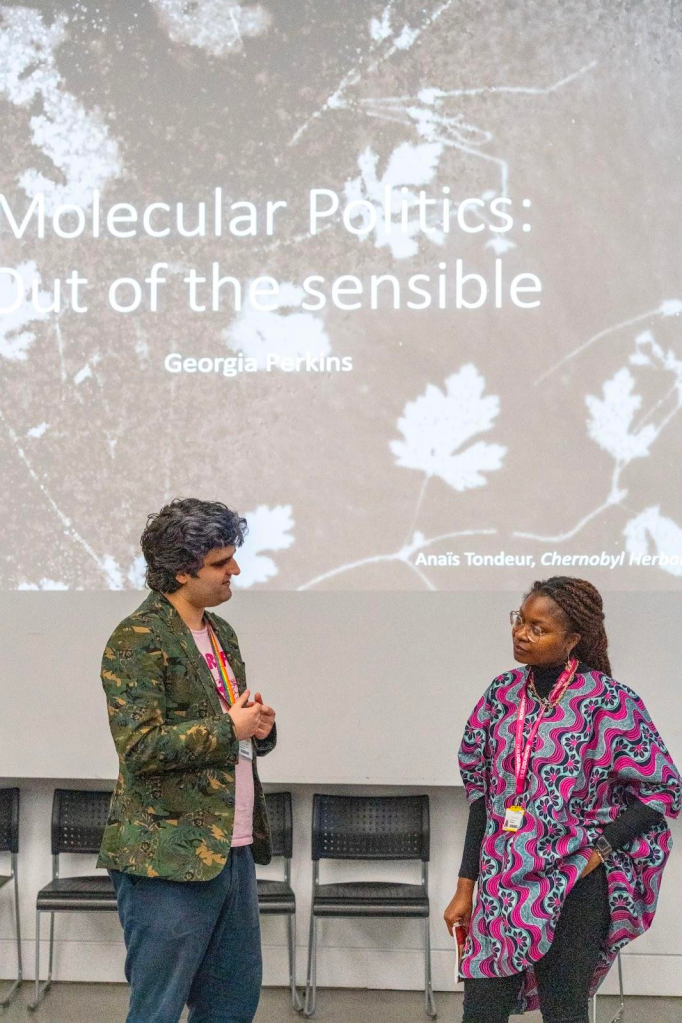
Georgia Perkins illustrated molecularity in politics and aesthetics.

Ryan Bishop shared his current project, Weather Report, which explores wind as model, medium, and experience.

Ruohan Tang introduced a sound project of Southampton premised on individual experience.


Following a series of informative lectures, the interdisciplinary discussion between contributors was also inspiring. Lamya Sadiq’s keynote on ‘Insurgent Rituals’ provoked rethinking of the relationship between common space and urban environment.

During the afternoon, several remarkable student works from CMP (Critical Media Practice) classes were presented, showcasing their creative ideas centered around the theme of “place”.
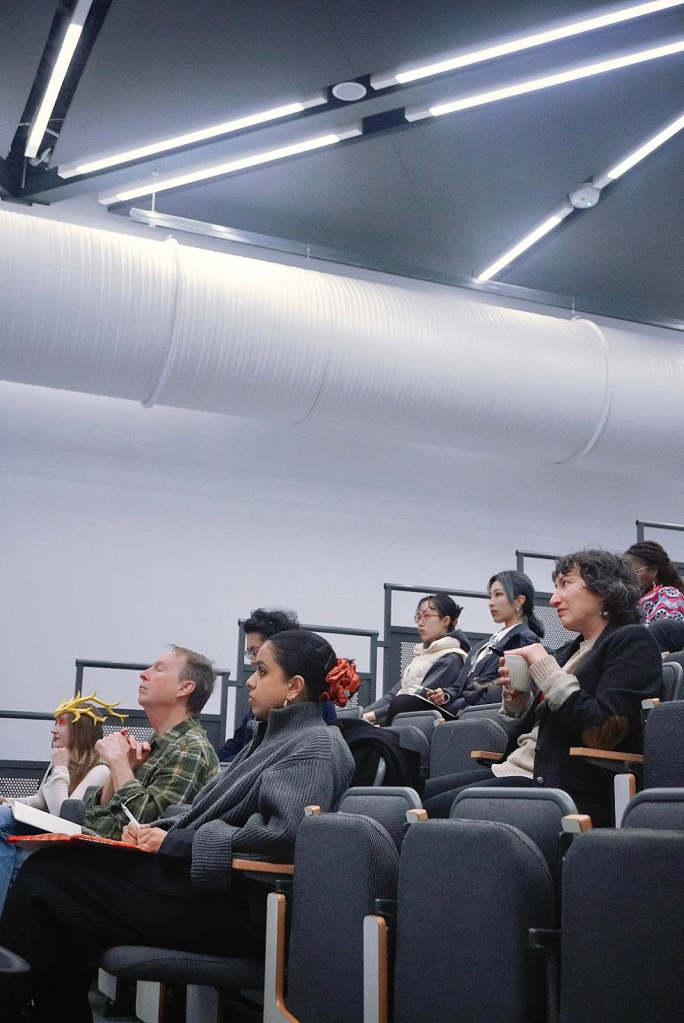
Jianghui Yu presented a captivating mock interview through a recorded format during which she immersed the audience into the talking channel she created. Her focus was on personal safety in public spaces and she interviewed Vera, a victim of frequent mobile phone robberies in London. Vera shared her experience and emotions about being robbed, shedding light on the increasing crime trends in the UK and providing substantial data to analyze which groups are most vulnerable to such crimes. These feelings of insecurity can potentially alter tourists’ initial perception of London and instill a sense of panic. As the interview concluded, Jianghui Yu urged both the London government and local authorities to acknowledge the gravity of personal security issues, emphasizing the importance of safeguarding personal belongings. This interview held significant meaning and conveyed a powerful message.
The short film “My Room” created by Yijing Xie is incredibly moving. The film begins with a black screen, immersing the audience in Yijing Xie’s voice as she describes the warmth and humidity she feels in her room. The impact is heightened when an image of a baby in the womb is revealed. Yijing Xie goes on to depict her constantly changing room as she grows, incorporating videos, photos, and descriptive paintings that leave a lasting impression. Each room is accompanied by her emotions at different stages of growth, creating an interaction between the internal and external aspects of her life. Towards the end, Yijing Xie expands the concept of a room to encompass every corner of the world, extending the notion of private space to public spaces. She expresses the belief that the true meaning of a room lies in its “shape.” Just as she shapes the room, the room also shapes her in return.
Aria Guo delivered an impressive presentation. Her work consisted of recordings capturing various public spaces in London, with a focus on auditory culture. She delved into the challenge of perceiving the world solely through the auditory system, after turning off the visual system. From exploring mechanical vibrations to biological evolution, and from self-judgment to self-awareness within the socio-cultural environment, Aria highlighted how the dominance of visual culture had once reduced the significance of auditory culture. However, with the advent of digital technology, auditory culture has experienced a resurgence, prompting people to re-evaluate the power of hearing. During her speech, Aria referenced a line from the book Village Bells that described sound as not only a measure of time, but also a metaphor for power. This example allowed the audience to intuitively grasp the diverse possibilities of sound in public spaces. Additionally, she explained the dual nature of sound in public spaces from the perspectives of imagination, emotion, and tolerance, showcasing the depth and breadth of her thinking. Towards the end, Aria touched upon the viewpoints of “Make media matter to you” and “Beyond Boundaries,” eliciting a strong resonance from the audience and earning heartfelt applause.

Jiayi (Scarlett) Chen’s research topic revolves around “Cyberpunk in Urban Space.” She captured a series of photographs featuring electronic billboards with a distinct cyberpunk aesthetic in different cities. According to Scarlett, billboards, as elements of public space, have a profound impact on the atmosphere and appearance of a city, defining its style and status. She utilized image editing software such as Photoshop and Lightroom to enhance the cyberpunk elements in her pictures, emphasizing the contrast between the cyber effect and the real world’s visual authenticity. Scarlett explored the widespread implementation of digital effects in public spaces and highlighted the current trend of replacing traditional advertising formats with cyberpunk-inspired billboards that capture attention. On one hand, billboards serve as symbols of urban life, offering a modern means for people to express their thoughts through digital technology. On the other hand, she acknowledged the potential negative impact of light pollution on urban life. Thus, the progress of cyberpunk aesthetics in urban spaces is a double-edged sword of technology. During the subsequent question and answer session, Francis inquired about the definition of cyberpunk. Scarlett expressed her belief that cyberpunk depicts the disparity and divide between the rich and the poor. This gap can be felt by the audience through the distinct characteristics of the billboards in different cities, as well as the contrasting cyberpunk atmospheres they create.
The works presented by professors and students were both memorable and inspiring, showcasing their creativity and innovative thinking. The level of professionalism and dedication to academic research demonstrated by everyone involved was truly admirable. The symposium fostered an inclusive environment that encouraged a wide range of creative ideas to flourish. Congratulations on the success of this symposium, and let’s eagerly anticipate our future gatherings and collaborations.
Chen Zhou
Yofi Gao
Personal Reflections on the GMM Symposium
I was fortunate to have the opportunity to participate in GMM’s symposium. Francis and Shepuya’s preparation and organization made the event run smoothly and wonderfully. During the symposium, I was pleasantly surprised to see and hear the excellent CMP works from other students, which made me fully feel the rich creativity and practical ability of all of us, closely integrating the theme of place in and with media, reflecting the diversity of different media applications. From the professors’ presentations, I can see research ideas and a perspective on the media world that is different from the Chinese academic tradition, which brings me many new revelations and inspirations. I really appreciate that every professor had made careful preparations for the symposium and their passion for their research fields. Additionally, it also showed me the vivid, lovely and interesting side of them outside the classroom! I sincerely hope that there will be more and more activities like this, and I also hope that more students can participate in them so that we can play together!
Aria Guo

Symposium Attendee Feedback
On what they found enjoyable about the event:
“I saw other students’ works and was inspired by their creativity.”
“Although it was more serious than expected, it was very academic, and I learned a lot.”
“I enjoy the students’ reporting work, especially the videos, which are very interesting.”
“The atmosphere and the content of the symposium.”
“I can see different forms of CMP work and get inspiration from them.”
Additional Accreditation for Symposium Reporting
- Photo descriptions by Chen Zhou.
- Video editing by Chen Zhou.
- Event feedback collected by Yofi Gao.
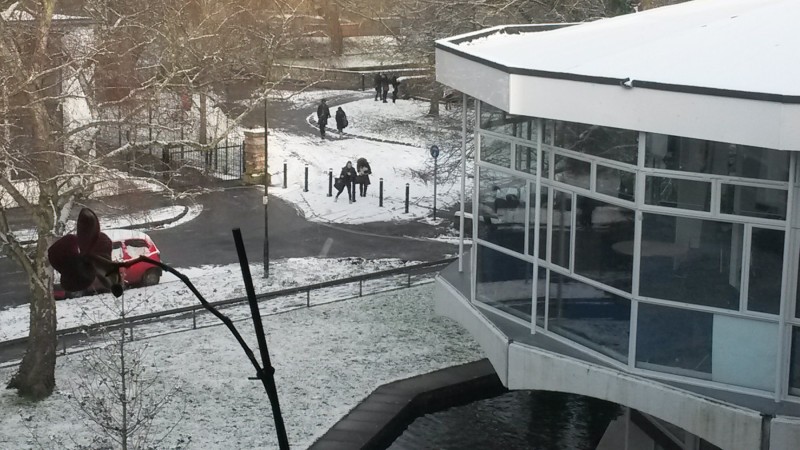
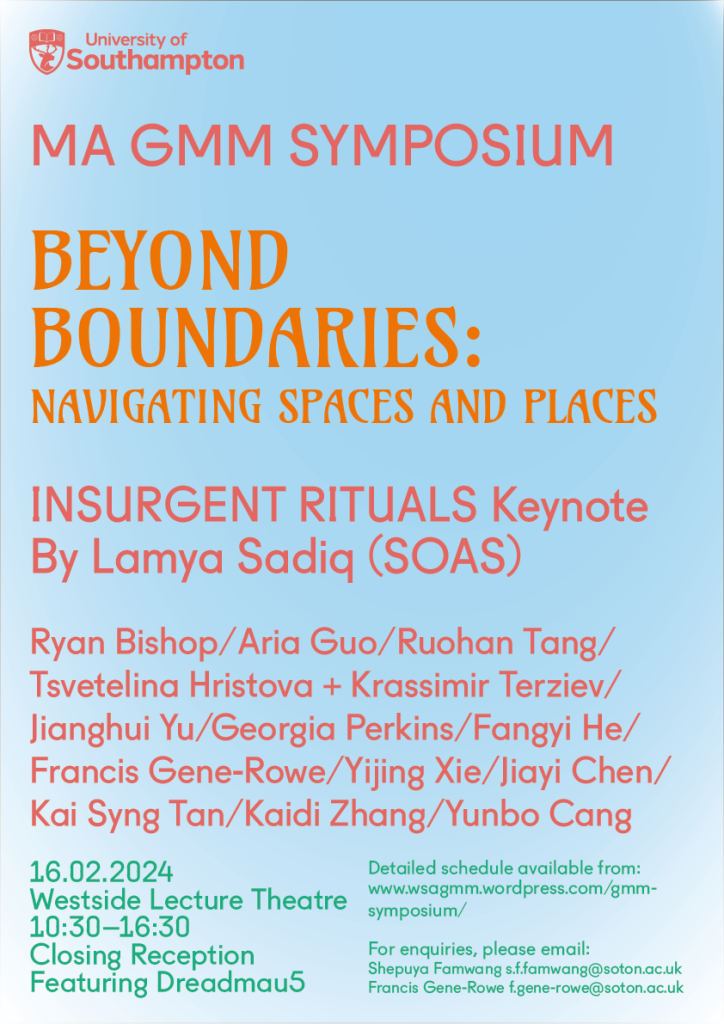
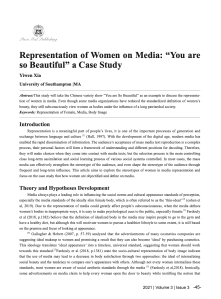 A number of GMM alumni go on to publish and work in academia following their degrees, in some cases publishing work that they began developing on the programme.
A number of GMM alumni go on to publish and work in academia following their degrees, in some cases publishing work that they began developing on the programme.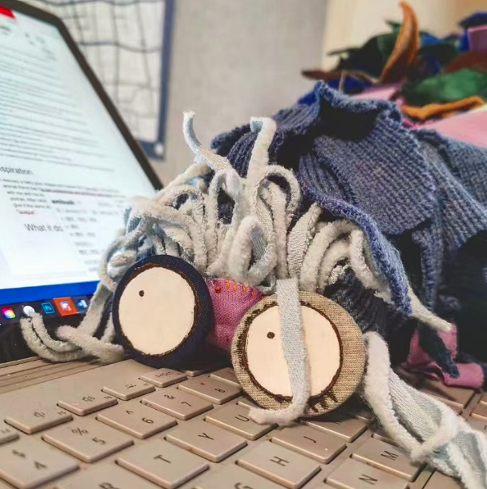 Members of the MA Global Media Management are once again contributing to the
Members of the MA Global Media Management are once again contributing to the  Today marks the start of Southampton’s annual Festival of Arts and Humanities (formerly the ‘Human Worlds’ festival)! This year the festival includes
Today marks the start of Southampton’s annual Festival of Arts and Humanities (formerly the ‘Human Worlds’ festival)! This year the festival includes 